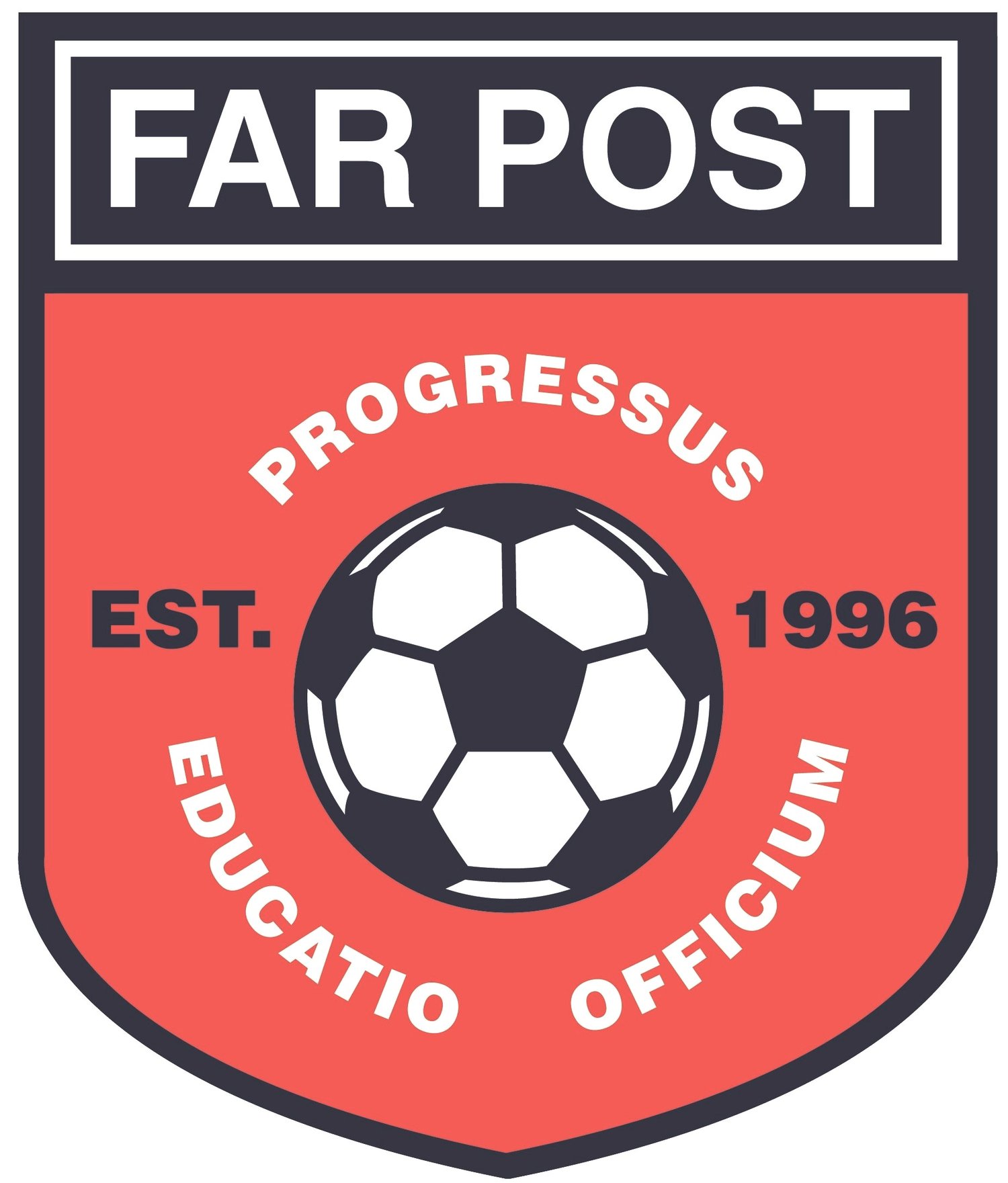Guidance for Parents on the Sidelines
By Coach Todd Kingsbury
If you have been part of Far Post through the U10 program, much of what you will hear in this message will be like what I have shared in the past, but it is all still so important. Far Post is constantly trying to create the best learning environment possible for our players so that they can develop in the proper way. None of us are perfect, but our hope is that we all can be more self-aware of how we are all impacting all of the players.
The one thing I love most about soccer is that it is a “player’s game.” During matches, whether we like it or not, the “noise” that is “heard” sounds mostly like the adult voices you hear on old Peanuts cartoons with the teacher squawking away incoherently.
The English FA did a study on this. Kids end up understanding less than 10% of what we say from the sidelines, and that is both from the coaches and the parents and other spectators. BUT they feel 100% of your emotion. If there is tension in someone’s voice, that tension is felt 100%. If it is anger or anything else, even if it is not directed at any one individual, it is felt the same way.
When you consider these facts, we would like you to know that you directly impact the situation on the field with your emotions. Please make sure we are injecting the right emotions to help our kids perform better.
So, here are some things that I always share with parents of kids that I coach.
A study was done where researchers asked top professional athletes, “What were your worst memories of youth athletics?” And, their response was almost unanimous, the ride home… When asked why, these top athletes said, because after the game their parents could not help themselves and would complain about the game or critique their player on what they should have done better or whatever… The ONLY time a parent should say anything to their player about the game is when the PLAYER asks. It is not the parent’s job to coach – it is that simple.
Watch this video: Parents- You're Ruining The Car Ride Home! - YouTube
In the same study, researchers asked these athletes (and to be clear, these athletes were from ALL sports, and not just soccer), “Who did players want at their games most?” The overwhelming response was that they preferred grandparents at games. And, when they were asked why, their response was, “because after the game, the only thing they said was ‘I loved watching you play.’”
The best thing a parent can say before a match – “Good Luck, Do Your Best & I Love You.” The best thing a parent cab can say after a game – “I loved watching you play.”
The job of a coach is to prepare players for games, help them learn how to perform better in matches and hopefully learn from the overall experience. Understanding roles within a team concept is one of the most important lessons to learn from a team sport. BUT, if a parent does not understand their role, they can undermine all that we are trying to do. And quite honestly, the most powerful and influential force in their entire soccer experience (and life in general) is their parents. So, please listen here about these expectations: NO pre-game strategy, NO during game instructions & NO post-game analysis.
Watch this video: Hockey Canada PSA Relax, It's Just a game Golf - YouTube
No dissent towards referees, PLEASE. I am just like you and YES I get frustrated sometimes with calls that are made. We are all human and emotional creatures, but the truth is that it is not our job to manage the “rules of the game” – this is the job of the referee. We need referees to make games work, so we need to respect them or at the very least, leave them alone.
Watch this video: Ray Calls For Respect - YouTube
PLEASE CHEER – I like to tell my parents to be loud & proud, but I also think it is important to cheer for everyone on the team, and not just your own kid. Celebrate the whole team. If we want our kids to be good teammates, then we should be good role models and cheer for the whole team.
Keep your “issues” away from the ears of players and other spectators on the sidelines… I hear this time and time again… A frustrated parent on the sideline complains about another player and little do they know, the parent of that “player” is standing right behind them… We are dealing with athletics, which means that there will be disappointment and frustrations and other difficult emotions to deal with. BUT I am asking everyone to not be a “bad virus” on the sidelines. If you are feeling these things, we are asking you to breathe and if needed take a few steps away. We are also asking all to make sure you give yourself 24 hours to cool down before addressing anything with anyone.
The environment on the sideline DOES affect the environment on the field! AND this hugely impacts a player’s performance and their development as players and as people! Ultimately, we are all ONE club and we need to behave that way.
Know your role- Players play, Coaches Coach, Referees Officiate and Spectators Cheer for the whole team!
For more ways parents can both help or hurt their athletes desire to play sports, check out a recent blog post from John O’Sullivan and the Changing the Game Project: How Adults Take the Joy Out of Sports (And How We Can Fix It) - Changing the Game Project

